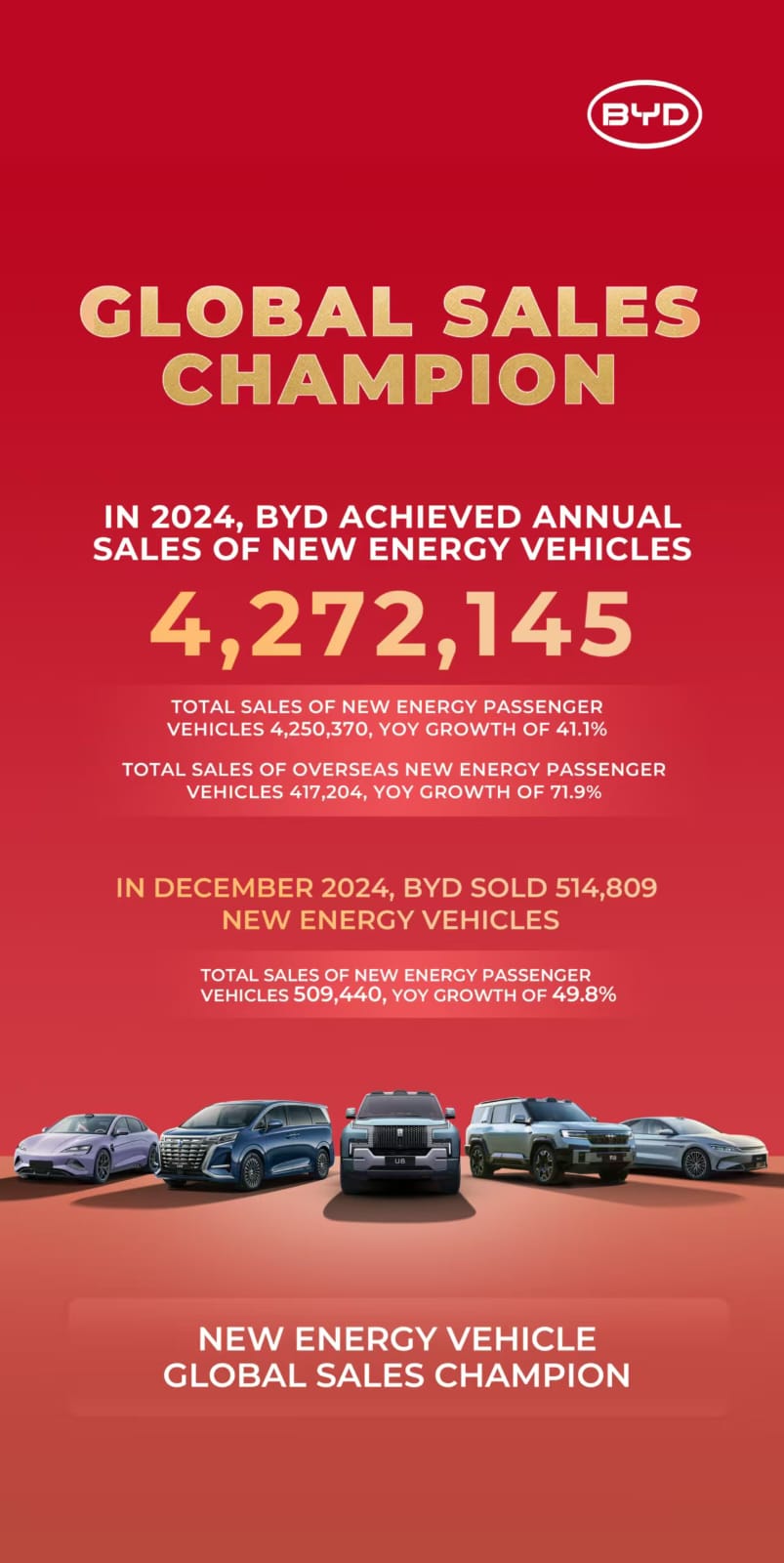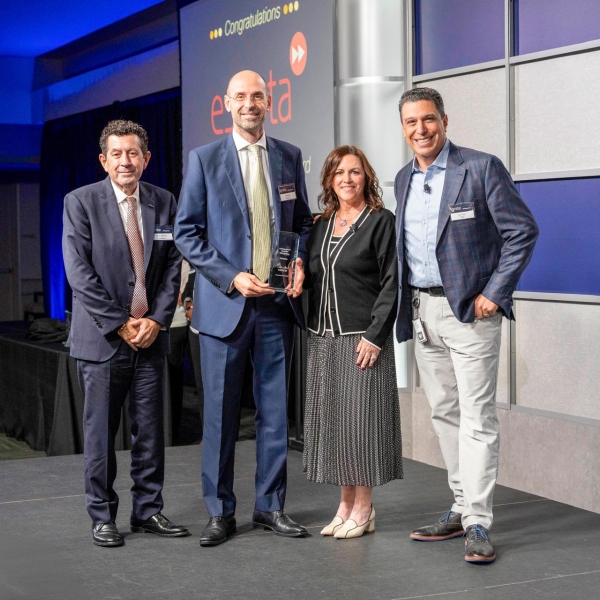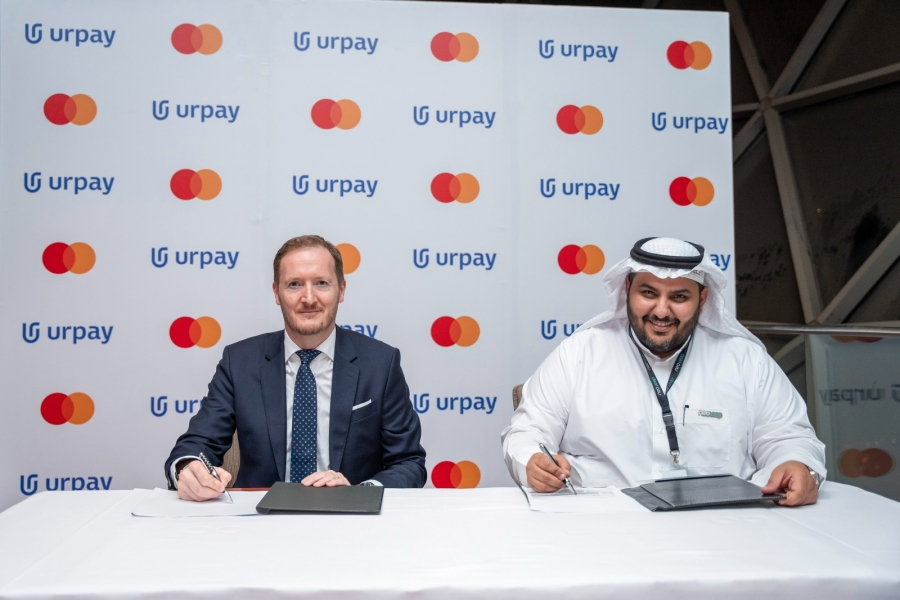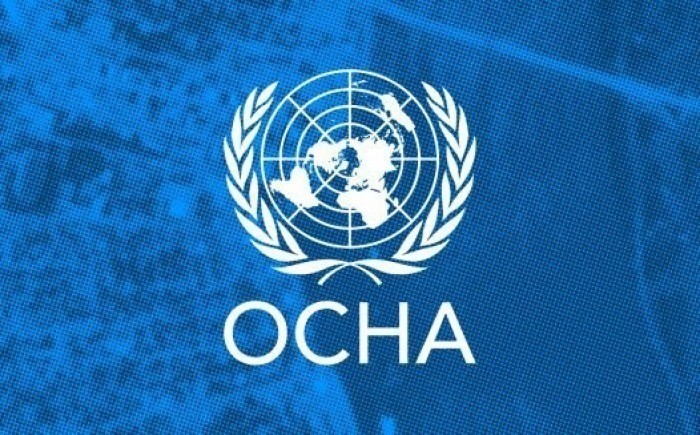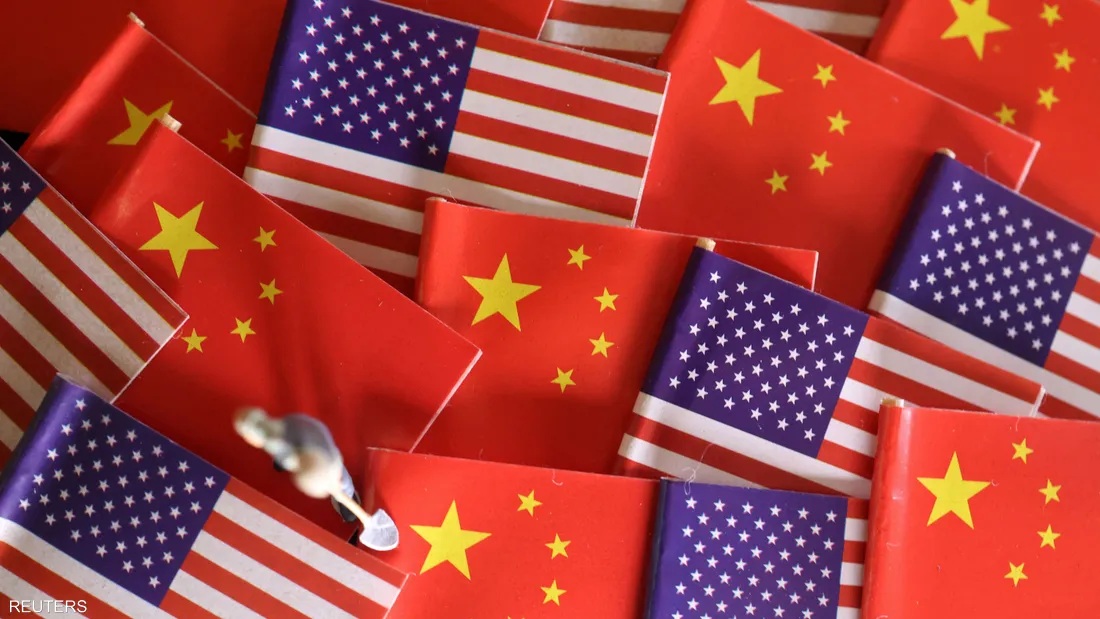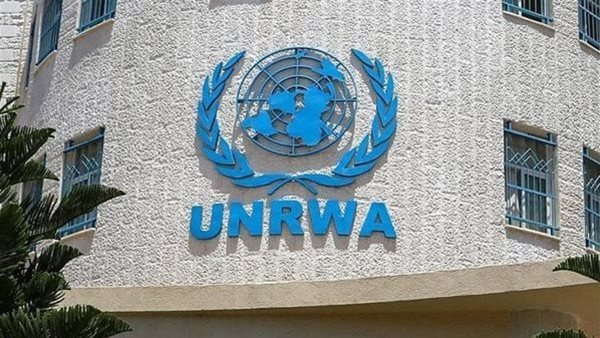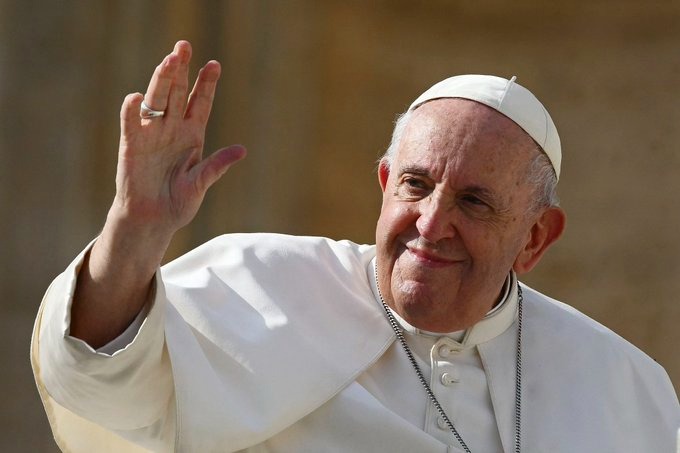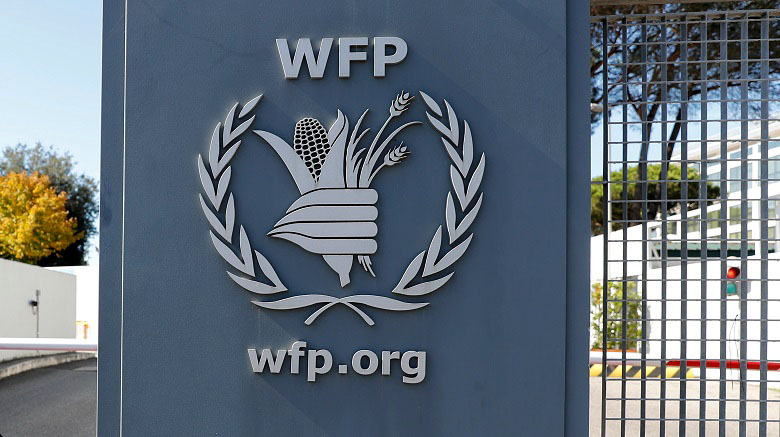Secretary Antony J. Blinken At the “Call for Action: Urgent Humanitarian Response for Gaza” Conference
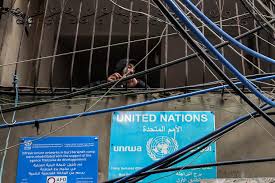
SECRETARY BLINKEN: Well, thank you. And good afternoon, colleagues.
We are grateful to King Abdullah, to President El-Sisi, Secretary-General Guterres, for convening this conference and their tireless efforts to help end this conflict, and to help the many children, women, and men who are so desperately in need.
As we all know, as we’ve all been discussing throughout the day, the crisis in Gaza is immense. More than a million people have been displaced from Rafah alone, in the last month alone – many of whom had already been uprooted multiple times.
Ninety-five percent of people there cannot access clean drinking water. Hunger is everywhere. Virtually everyone in Gaza depends on aid to survive.
Most of Gaza’s sanitation system has been destroyed. Fewer than a dozen of Gaza’s 40 hospitals are open.
And – as we know and have heard – more than 270 humanitarian workers have been killed.
One of those humanitarians was Jamal abu Kwaik, a longtime UNRWA staffer in Gaza who for years was the United States’ main local contact – and for many, a friend. He was killed last month after evacuating Rafah. He was looking for shelter for his family. He’s survived by his wife and his four children.
The single most effective step we can take to address the urgent humanitarian challenges in Gaza is to reach an immediate – and ultimately, enduring – ceasefire.
Eleven days ago, President Biden set out a comprehensive proposal to do precisely that.
In its first six weeks, the proposal would provide for a full ceasefire; the pull-back the Israeli forces from all the populated areas of Gaza; the release of a number of hostages – including women, the elderly, and wounded; a dramatic surge in aid deliveries; the return of civilians to their homes or neighborhoods in all parts of Gaza. And it would also initiate negotiations toward a permanent ceasefire.
The second phase would see the release of all remaining living hostages; the withdrawal of all Israeli forces from Gaza; the implementation of a permanent cessation of hostilities. And the final phase would launch a massive reconstruction effort in Gaza.
When I met Prime Minister Netanyahu yesterday in Israel, he reaffirmed his support and his commitment to bringing this proposal across the finish line.
The same day, yesterday, the United Nations Security Council adopted a resolution sponsored by the United States in support of the proposal. Fourteen members voted for it. Not one country opposed it. It’s just the latest vote of support the proposal has received from around the world, from virtually everyone around this table, the Arab League, countries throughout the region.
Today, as we gather, one – and only one – thing stands in the way of this deal happening, and that’s Hamas.
So my primary and first message today to every government, to every multilateral institution, to every humanitarian organization that wants to relieve the massive suffering in Gaza: Get Hamas to take the deal. Press them publicly. Press them privately.
And Hamas should not require much convincing. After all, the proposal is nearly identical to the one Hamas itself proposed on May the 6th.
Having said that, we’re gathered today because all of us, I believe, recognize the imperative of taking bold, immediate actions to help civilians in Gaza and to do it now. And here are a few thoughts on how we can do that going forward.
First, give more aid. You’ve heard this already from our colleagues at the UN. Only one-third of the current United Nations appeal is funded. That leaves a shortfall of approximately $2.3 billion. Every country can help fill this gap.
Yet some who’ve expressed great concern over the suffering of Palestinian people in Gaza – including countries with the capacity to give a lot – have provided very little or nothing at all. It is time for everyone – everyone – to step up.
And for those who have already given and given generously, give more.
The United States has for decades been the largest single country provider of assistance for Palestinians. Today, I’m announcing an additional $404 million in new aid to Palestinians in addition to the more than $1.8 billion in development, economic, and humanitarian aid that the United States has provided since 2021.
Second, let’s work together to ensure that more aid gets into Gaza, and once it’s in Gaza, reaches the people who need it the most – by land, by air, by sea.
This has been our intense focus since the conflict started.
Particularly in recent months, Israel has taken some important steps to open more crossings, to address obstacles to the delivery of assistance. But it can and must do more.
As we’ve conveyed directly to the Israeli Government, it is crucial to speed up the inspection of trucks and reduce backlogs; to provide greater clarity on – and shorten the list of – prohibited goods; to increase visas for aid workers and to process them more quickly; to create clearer, more effective channels for humanitarian groups to de-conflict with IDF operations; to surge lifesaving medicine and equipment; to provide everything necessary to repair water and sanitation systems.
And Israel must take further steps to reduce civilian casualties – even as it confronts an enemy that started this war with the barbaric slaughter of civilians on October 7th, an enemy that conducts operations from schools, from hospitals, from camps of displaced families, an enemy that cynically hides behind or underneath the people it purports to represent.
I think we all know there is no time to waste, given the hell that hundreds of thousands of Palestinians are enduring every single day.
Ten-year-old Abed lost his parents, his brother, and other family members. They were killed in an airstrike that was targeting terrorists. He said, "When my mom and dad were alive, I used to sleep. [Now] I can’t sleep anymore.”
There’s an acronym that has become increasingly common for children like Abed in Gaza: WCNSF, wounded child, no surviving family members.
Six-year-old Fadi has cystic fibrosis. When the conflict began, his parents could no longer get the food and medicine that he needed to remain healthy. Before he was evacuated to the United States from Gaza just last month, he was so severely malnourished that his legs could no longer support the weight of his body.
Eleven-year-old Dunya – she lost her parents, her brother, her sister when their home was struck in Khan Younis. She said this: I lost my leg. I lost my family, but I still have dreams. I want to get a prosthetic leg. I want to travel. I want to become a doctor. I want for this war to end, and our children to live in peace.
These three children – Abed, Fadi, Dunya – and all the Palestinian civilians suffering in Gaza, we know they’re not numbers. They’re not abstractions. They’re human beings – they’re children, they’re women, they’re men – who all want the same things that we want for ourselves and for our loved ones, just like the people who were murdered in Israel on October 7th, just like the hostages who continue to be held in Gaza to this day.
So we all have to recommit to doing our part to ensure that these individuals cannot merely survive but that they can live in peace; they can have their rights respected; they can have an opportunity to realize their dreams.
And we have to commit to something else. We have to commit together to try to extricate the poison in our common well, the poison of dehumanization – the inability to see the humanity in the other.
When that happens, when hearts harden to the extent that they have on all sides, then the worst becomes possible and the best very, very difficult to achieve. But – but – if we can see the humanity in everyone and commit to do everything we possibly can to uphold that humanity, then everything’s possible.
So let’s do more than just call for a better future for Palestinians and Israelis. Let’s help build that path to the future, do it together.
And we can start by maximizing all of the efforts that we’re engaged in to help the people who need it and help them now.
Thank you very much. (Applause.)

